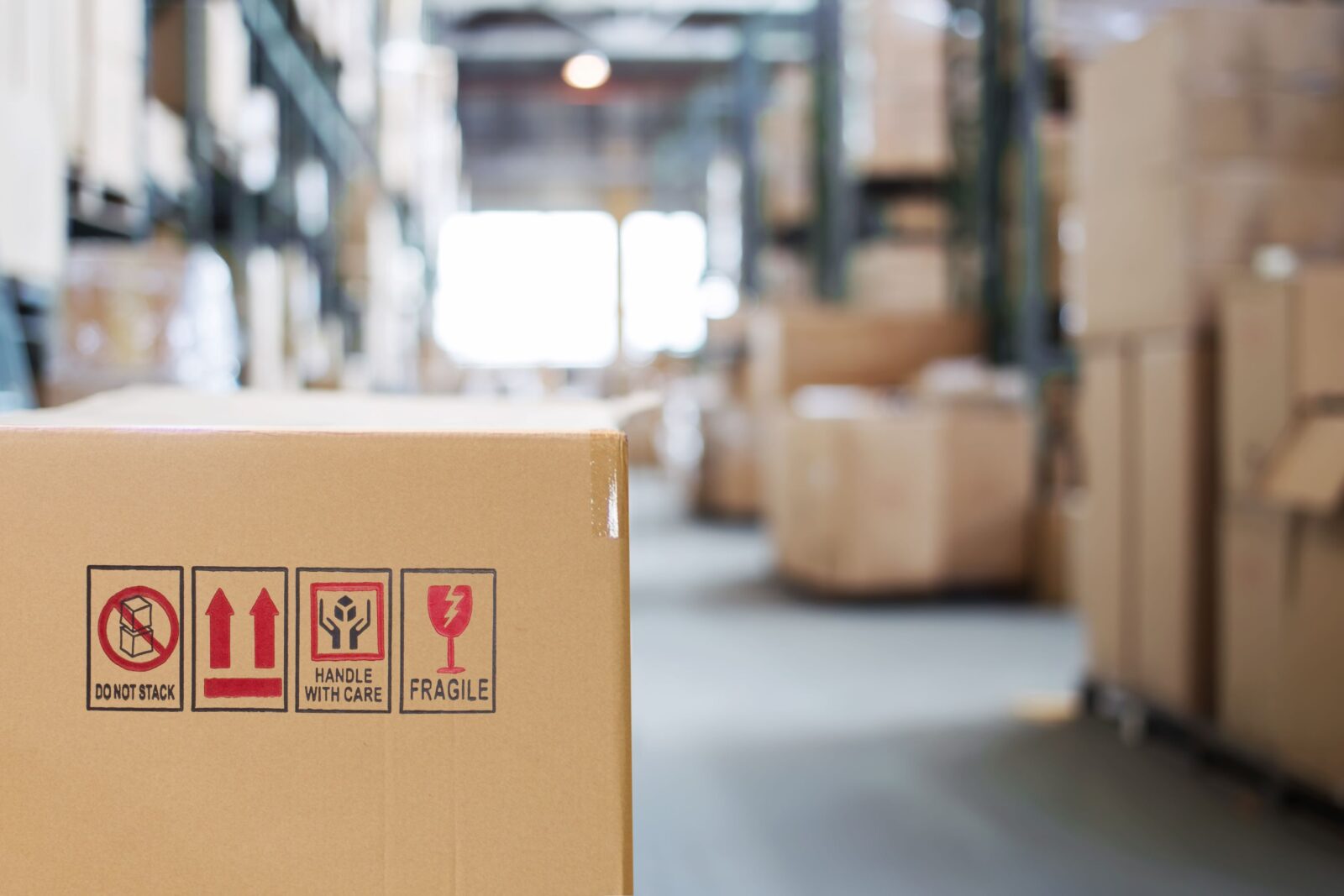Update from the United Kingdom: Networking, Developments, and Opportunities
A visit to the UKIn early July, our Senior Business Development Manager for the US and Europe, Karin Rancuret, visited the United Kingdom. During her trip, she met with various network contacts in both Cambridge and London and held valuable discussions with the Netherlands Foreign Investment Agency and the Department for Business and Trade. The goal of the visit: to exchange views on recent developments and explore opportunities for further collaboration. Karin also met with several shippers looking for logistics solutions for the European market.
Since Brexit, the United Kingdom has remained NDL’s most important source country for leads. This continues to be the case in the first half of 2025, although we are seeing a slight decline in the number of inquiries. Interestingly, fewer and fewer of these requests are directly related to the consequences of Brexit. Instead, we see a growing number of companies looking to start exporting for the first time. At the same time, as in other countries, decisions about foreign direct investment are increasingly being postponed.
The UK government is actively promoting export growth, especially among smaller businesses. This is part of a broader strategy to strengthen the country’s global competitiveness and stimulate economic growth.
Economically, the UK shows signs of modest recovery in 2025 after a period of stagnation. In terms of international trade, the country continues to seek new trade agreements, particularly in the wake of Brexit. However, trade relations with the EU remain challenging due to ongoing customs formalities and regulatory differences.
A major boost for the future is the new Industrial Strategy of the United Kingdrom presented last month. This strategy focuses on growth in eight key sectors: advanced manufacturing, clean energy, creative industries, defense, digital technology, financial services, life sciences, and professional services. New measures aim to improve access to investment capital, reduce regulatory burdens, and strengthen the availability of skilled talent. Combined with an active trade agenda, the UK aims to significantly improve its export position in these areas.
“It’s encouraging to see that, despite the challenges, the UK is putting real energy into promoting export and innovation,” says Karin Rancuret. “There are still plenty of opportunities for Dutch logistics service providers, particularly in the sectors that are now being prioritized in UK policy.”



